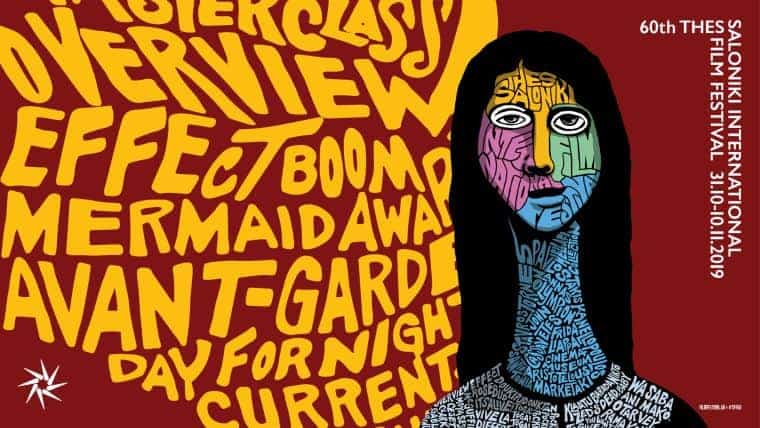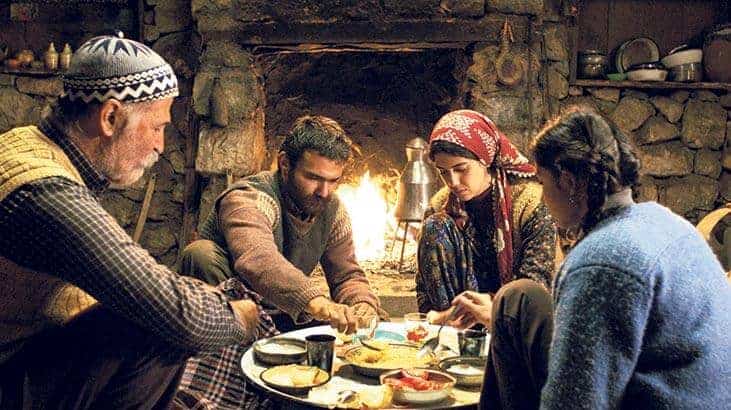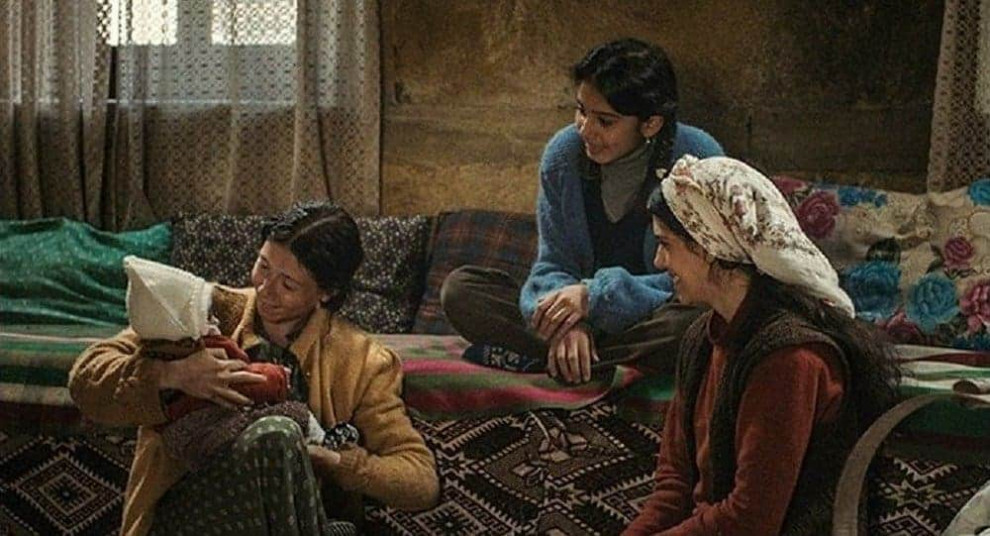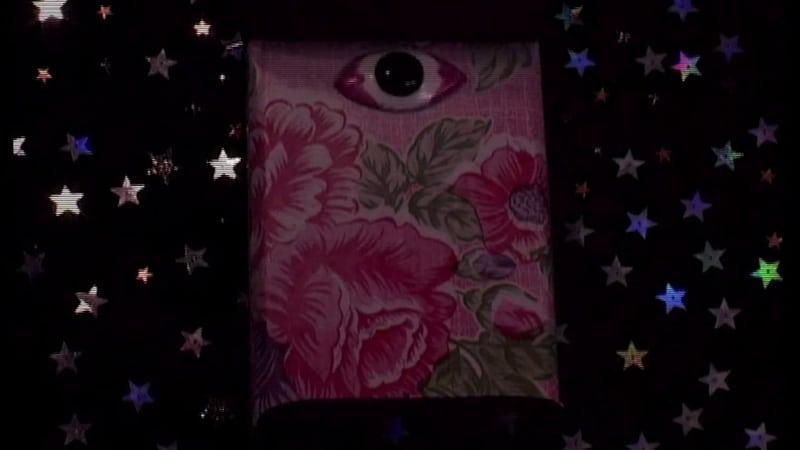Watching a film that reminds you so much of your own experiences can be either a pleasure or a torture. “A Tale of Three Sisters” reminded me how similar Greek and Turkish people are, but some “missteps” here and there did not allow me to call it a pleasure, at least not completely. Let us take things from the beginning though.
“A Tale of Three Sisters” is screening at Thessaloniki International Film Festival

The story revolves around three sisters, who find themselves together after many years, under the roof of their father, Sevket, in the mountains of Anatolia. Havva, the youngest, has just returned from the job she had in the city, taking care of a child, after a tragedy that ended up with the kid dead. Nurhan, the middle one, is also dismissed from a similar job in another house, after her temper got the best of her, ending up disciplining the child she cared for, after his continuous bed-wetting. Sevket is being driven by her employer Dr Necati, and she is quite sick, coughing almost constantly. Eventually, and under the nudges of Sevket, who desperately tries not to lose him from being a client, the doctor decides to spend the night in the area.
The eldest daughter, and in essence the one running things in the house, is Reyhan, who lives in her father's house with her husband, Veysal, a simpleton who is afraid of the dark (and for good reason as we find out eventually) and spends his days herding the flock of the family, and their baby child, whom Reyhan seems to adore as much as she despises her husband. During the night, Dr Necati and Sevket start drinking in a picnic of sorts, until Veysal appears in the area unannounced. Soon, and after a series of bad decisions, tragedy strikes everyone involved.
Elmin Alper directs a movie that unfolds somewhere between the stage play and the fairy tale, with the events inside the house and the interactions between the members of the family pointing towards the first, and the ones outside, towards the second. At the same time, and on a third aspect, the film functions as a “tour guide” of the circumstances and the customs of the area. Alper combines the three elements artfully, although not all three of them with the same prowess. The stage play part, and in general what occurs inside the house is quite entertaining, with the interactions between the three sisters and their father being quite captivating, filled with humor and delightfulness, even in the dramatic parts of the story. The scene when the two older sisters are preparing a local delicacy in the traditional way will definitely stay on mind for its implication.
This aspect benefits the most by the performances of the three girls, with Helin Kandemir as Havva highlighting her effort to find a place where she can have an impact, both in her family and in the world, Ece Yuksel as Nurhan showcasing her weirdness and short-temper in the most entertaining fashion, and Cemre Ebuzziya as Reyhan dominating the narrative with her presence and overall depiction of her changing mental status.
The documentary/tour guide aspect is also presented quite well, as the hardships of life in the mountain are depicted quite eloquently in a number of instances, with the same applying to the harsh fate all women who are born seem to share.
On the other hand, what happens outside the house is a bit far-fetched and the part of the narrative that mostly moves towards the fairy tale. The clash of Veysal with Dr Necati can be attributed to alcohol but what happens afterwards goes a bit too far, in an effort to add the element of tragedy in the story. Furthermore, the sex scene seems unrealistic, while the ending is somewhat prolonged and includes a strange comment, something in the lines of “nothing ever really changes”.

“Tricks” like the old woman that moves in somersaults and the appearance of the strange men in the night may serve impression and have some contextual meaning (there always seems to be a mad person in every village and the men serve their purpose later on) but in essence, do not add much. Kauhan Acikgoz is quite good as the drunken simpleton Veysal, but again his performance is faulted by his character's story.
Emre Erkmen's cinematography is excellent, as his depiction of both inside the house and the outside is impressive, with his images communicating the essence of each scene perfectly, while his framing adding much beauty to the film. Cicek Kahraman's editing induces the film with a relatively slow pace, that matches the rhythm of live in areas such as the one the story takes place, although a few more cuts in the last part of the film would definitely benefit the narrative. Giorgos and Nikos Papaioannou's music is quite fitting with the overall atmosphere, while the many folk sounds suit the general premises of the movie nicely.
“A Tale of Three Sisters” has some faults, particularly regarding the script an an occasionally hyperbolic theatricality, but it is also quite entertaining and a film that will definitely resonate with people who have some experience with leaving in a village.















